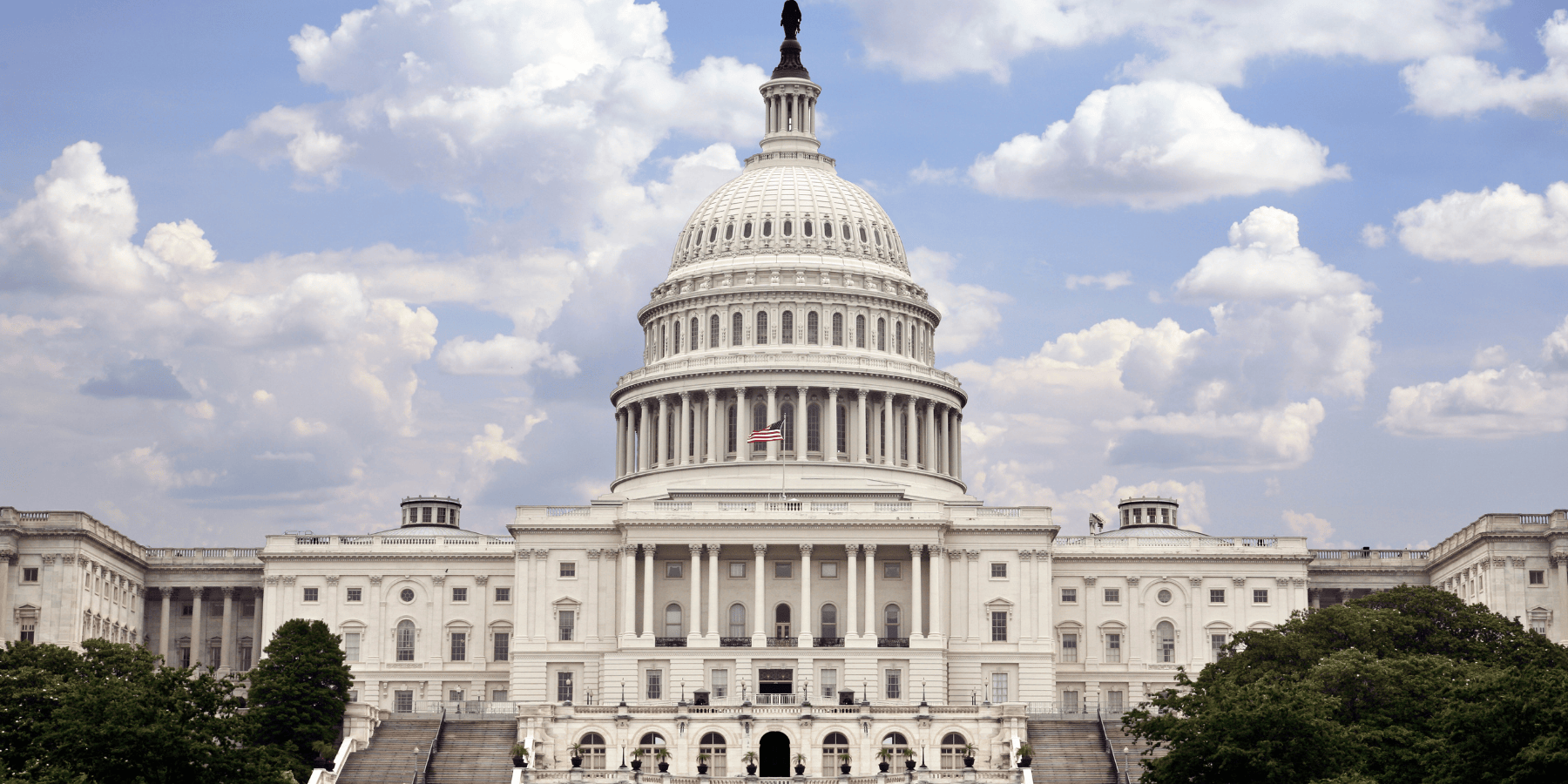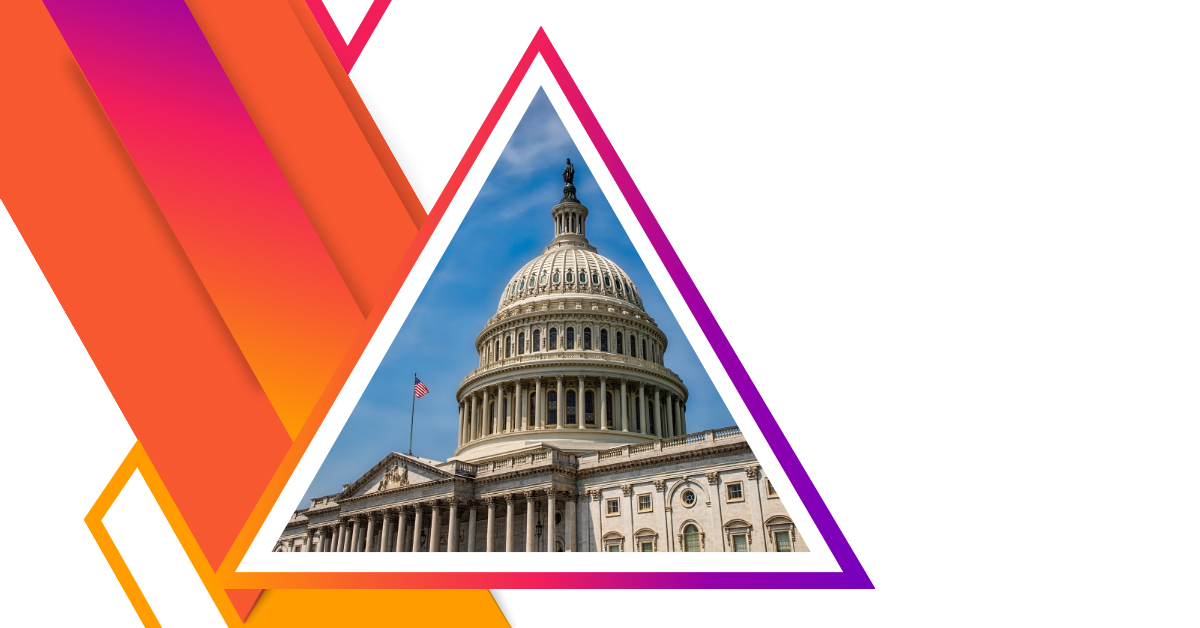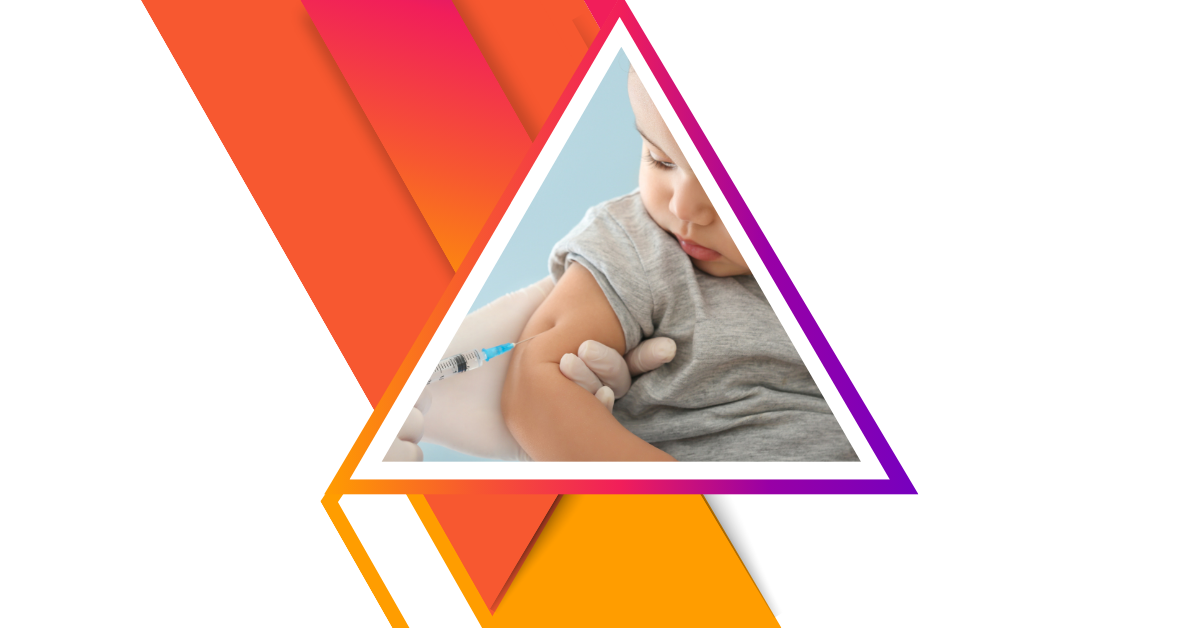
In an appeal to lawmakers, the American Association of Immunologists (AAI) has submitted testimony calling on Congress to significantly boost funding for the National Institutes of Health (NIH). In the written testimony, Stephen C. Jameson, Ph.D., AAI President, emphasized the critical role of NIH and the Advanced Research Projects Agency for Health (ARPA-H) in safeguarding public health, driving medical breakthroughs, and fueling the U.S. economy.
Invest in NIH Research
Submitted to the House Appropriations Subcommittee on Labor, Health and Human Services, Education, and Related Agencies on April 7, the testimony urges appropriators to allocate at least $51.3 billion for the NIH base budget in fiscal year 2026. That recommendation includes $7.29 billion for the National Institute of Allergy and Infectious Diseases (NIAID). Separately, AAI calls upon Congress to provide $1.7 billion for ARPA-H, though AAI stresses that this funding should supplement—not supplant—NIH’s base budget.
“Robust funding for NIH will allow the agency to continue making necessary investments in high priority chronic diseases that involve the immune system, including cancer, Alzheimer’s disease, and more than 100 autoimmune diseases,” outlined Jameson in the testimony.
NIH Breakthroughs
The testimony underscores how NIH funding has enabled recent breakthroughs in immunotherapy, such as the FDA approval of two T cell-based therapies for solid tumors—once considered largely untreatable—and promising advances in cancer vaccines. Another exciting development made possible by NIH funding is the repurposing of CAR-T cell therapy, originally developed for cancer, to potentially treat autoimmune conditions like lupus.
But the importance of NIH extends far beyond the lab. In 2024 alone, NIH funding supported more than 400,000 jobs and generated over $94 billion in economic activity. Additionally, nearly every drug approved by the FDA between 2010 and 2019 was linked to NIH-supported research, illustrating the essential role of federally funded basic science in driving therapeutic innovation.
The testimony also highlights the pivotal role of NIAID in responding to urgent public health threats. From developing the first COVID-19 vaccines to investigating potential pandemics like H5N1 bird flu and Ebola, NIAID’s work exemplifies how immunological research directly protects the public.
Supporting Innovation
Increased support for ARPA-H, the government’s moonshot biomedical research agency, is also a key AAI priority. Backing projects with bold goals—such as bioprinting organs or programming the immune system to cure disease—ARPA-H represents the future of rapid, high-impact innovation.
These funding recommendations were carefully considered by the AAI Committee on Public Affairs and AAI Council, following extensive research and communication with coalition partners. AAI is one of 510 organizations to support the unified funding request for NIH and one of 56 organizations that joined forces to communicate the $7.29 billion funding request for NIAID.



